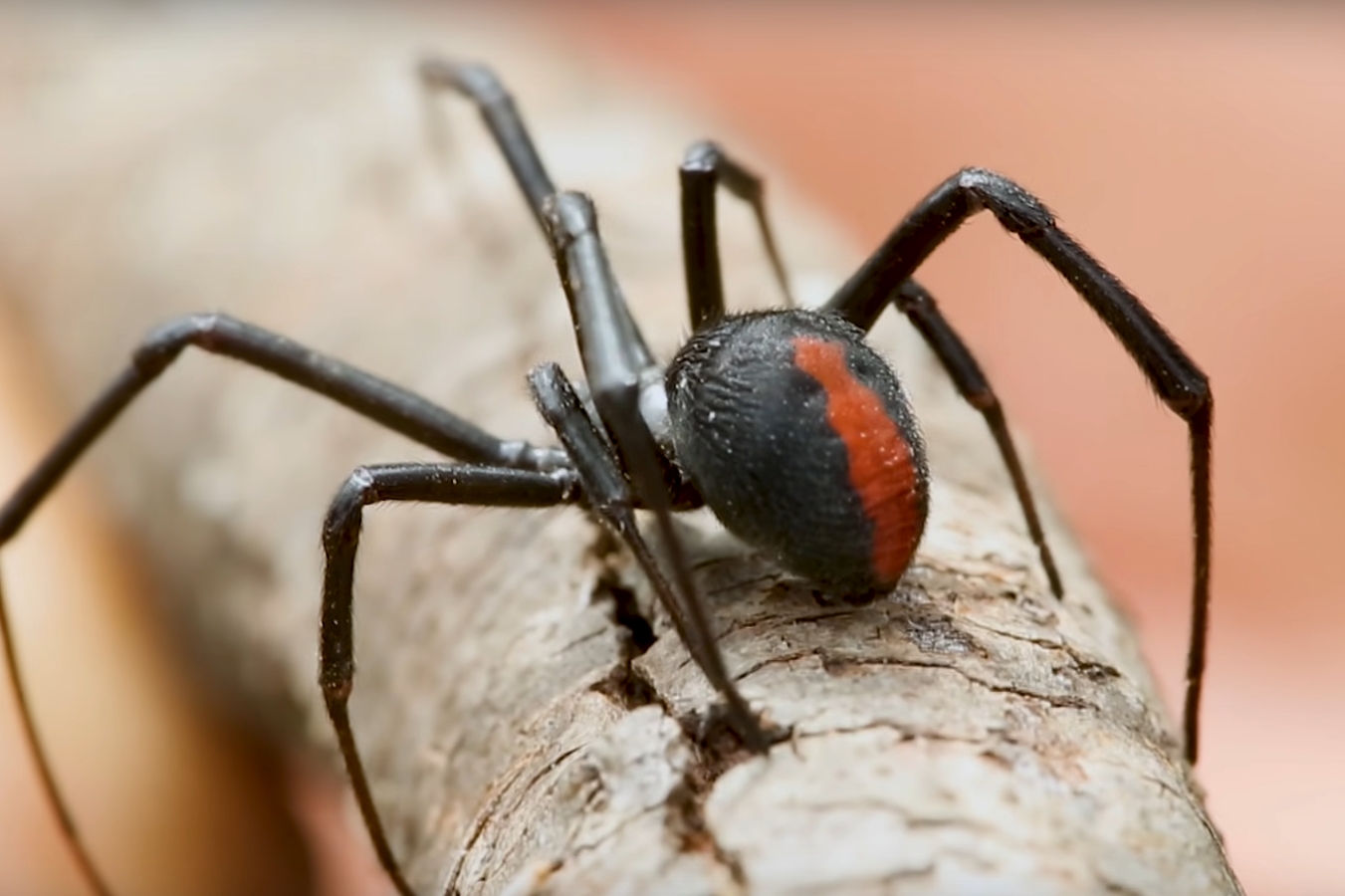The antibiotic for a spider bite is an antibiotic that may be prescribed by a doctor to treat many different types of bacterial infections. Antibiotics are commonly given to people who have been bitten by spiders, but do they really work? The answer is not so simple.
What Does a Spider Bite Look Like?
Contents
If you are bitten by a spider, it is essential to know what the symptoms of the bite will look like. This information can help you make an educated decision on whether or not to seek medical attention. The good news is that only about 10% of people bitten by spiders experience severe symptoms that require emergency care; however, if you experience these symptoms, then it’s best to call for professional help right away.
How to Treat a Spider Bite and When to Seek Medical Attention
Suffering from a spider bite? Don’t panic! There are many ways to treat this common injury.
You can use ice or cold water to relieve pain and reduce swelling, wrap the wound in an elastic bandage, take over-the-counter painkillers like ibuprofen for inflammation, drink plenty of fluids because dehydration can worsen symptoms, and consult your doctor if you experience any unusual symptoms such as fever or chills that don’t go away with home treatment. If these methods aren’t practical after 24 hours, seek medical attention.
What are Antibiotics and How do they Work
Antibiotics are a type of medication that can treat bacterial infections. They work by stopping the bacteria from reproducing and spreading further in your body.
Antibiotics typically come in pill form, but they can also be given intravenously or as an injection. The most common types of antibiotics include penicillin, amoxicillin, ciprofloxacin, doxycycline.
Antibiotic use is not without risks:
- if you take too many antibiotics at once, you might get yeast infections or diarrhea because it kills off good bacteria in your gut along with bad ones;
- if you don’t finish a prescribed course of antibiotics, this could lead to a resistant strain of infection developing because the whole system was never completed;
- if you take antibiotics for something like a cold, they won’t impact because it’s caused by viruses and not bacteria.
How Long Should you Take the Antibiotics for
You may have been prescribed antibiotics for a spider bite. The amount of time you take the medication will depend on the severity of your symptoms and the size of the spider that bit you.
How to Treat a Spider Bite at Home
Spider bites are one of the most common summertime hazards, and they can be more than just an annoyance. A spider bite could lead to infection or even death if you’re not careful.
Here’s how to treat a spider bite at home:
- Please keep it clean. Scrub your hands with soap and water before touching the wound; if possible, use an alcohol-based hand sanitizer as well. This will help prevent bacteria from getting into the open wound and causing infection.
- Apply ice or cold packs to reduce swelling and ease pain
- Take acetaminophen (Tylenol), ibuprofen (Advil), naproxen sodium (Aleve), or another anti-inflammatory medication for pain and inflammation; avoid using aspirin as it can increase the risk of bleeding.
When to Seek Medical Attention for a Spider Bite
Spider bites are usually harmless, but they can be severe if the person who was bitten has an allergic reaction or has certain medical conditions, such as cancer or diabetes. There are also rare cases where people have been seriously injured by venom from some types of spiders. A health care provider should treat these types of bites right away.
Spider bites often don’t cause any symptoms and are not dangerous. If you are bitten, there’s no need to panic! The most important thing is knowing what kind of spider bit you so your doctor knows how to treat it properly.



